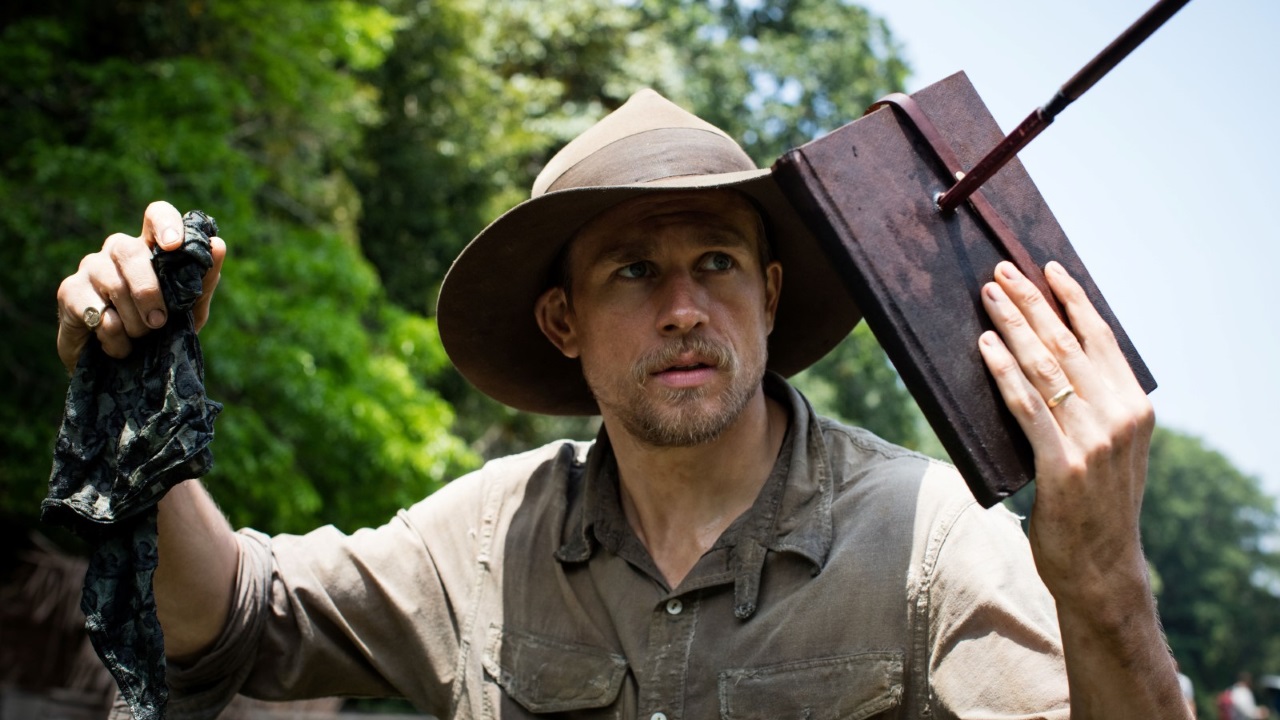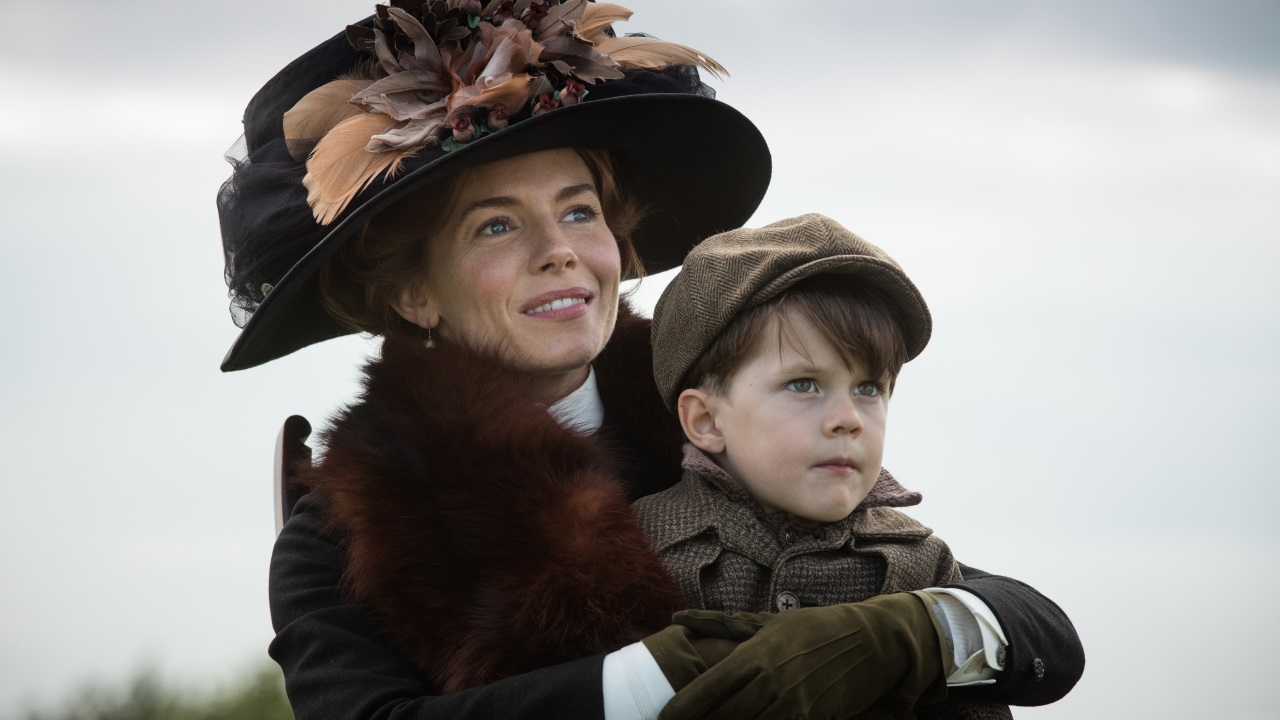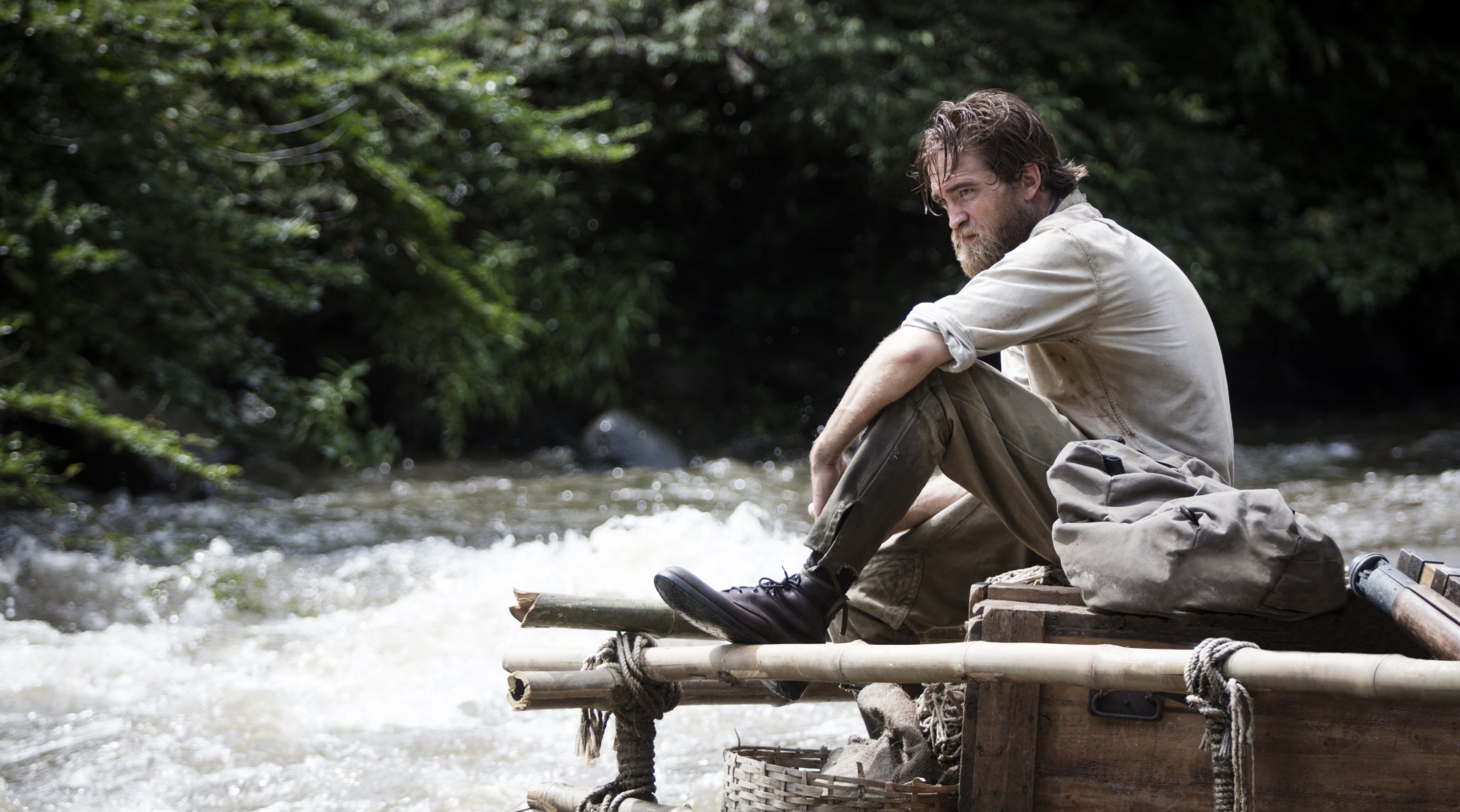GamesRadar+ Verdict
With lush visuals, intelligent performances and a lingering lyricism, this is an instant classic that cements Hunnam’s star power.
Why you can trust GamesRadar+
Anyone missing Indy could get their explorer fix from this engaging jungle adventure, featuring undiscovered treasure and close calls with indigenous people. Only this is less a Boy’s Own romp, more an elegant study of endurance and obsession, based on real events.
In fact, it’s thought the intrepid cartographer followed here, Percy Fawcett, inspired the creation of the famous Fedora-wearer – it’s easy to understand the fascination based on James Gray’s (We Own the Night, Two Lovers) evocative, immersive biopic.

We meet Fawcett (Charlie Hunnam) in 1905 at a crossroads: a capable colonel in the British Army hamstrung by what an elitist old fart describes as an “unfortunate choice of ancestors”.
To progress, he takes a two-year Royal Geographical Society (RGS) expedition to map the Bolivia-Brazil border, leaving his patient missus (Sienna Miller, radiant) behind and teaming up with a wookiee-like fellow cartographer, Costin (Robert Pattinson and his immense beard).
The punishing journey, both mentally and physically, is heaven/hell – complete with horrific piranha attacks, starvation, terrifying tribal run-ins and a bonkers fever dream of an opera in the middle of the jungle. And this odyssey is the nucleus of Fawcett’s lifelong passion for finding evidence of a lost civilisation he calls ‘Z’, as well as the push-pull between family life and the call of the Amazon.

Charting Fawcett’s heroic adventures over several expeditions, his involvement in WW1 and his spats with the stuffy RGS, Z muses on themes of elitism, patrimony, gender equality and destiny, via Gray’s poignant screenplay and Darius Khondji’s truly beautiful cinematography.
Aside from niggles that characters discuss world events with a knowing prescience (“There could be another war…”), Z guides viewers on their own journey through exhilaration, trepidation, wonderment and ultimately, faith.
Key to that arc is the triumvirate of Hunnam (exuding decency and charisma from every pore), Pattinson (bringing wry comedic timing and the voice of sanity to proceedings) and Miller, once again giving great wife (see American Sniper, Foxcatcher). The fact she’s a fully developed character, that family sacrifice and the resentment fostered by absentee fathers is given as much credence as the derdoing, provides refreshing modernism.
The result is an emotionally satisfying experience – and one that’ll have you googling Fawcett as soon as the lights are up. It’s those nuances of script and performance that also ensure the devastating impact of the ambiguous, beautiful finale, a sequence with Hunnam as rhapsodical as any Malick movie and a final shot with Miller that’s both haunting and strangely uplifting.
Jane Crowther is a contributing editor to Total Film magazine, having formerly been the longtime Editor, as well as serving as the Editor-in-Chief of the Film Group here at Future Plc, which covers Total Film, SFX, and numerous TV and women's interest brands. Jane is also the vice-chair of The Critics' Circle and a BAFTA member. You'll find Jane on GamesRadar+ exploring the biggest movies in the world and living up to her reputation as one of the most authoritative voices on film in the industry.




